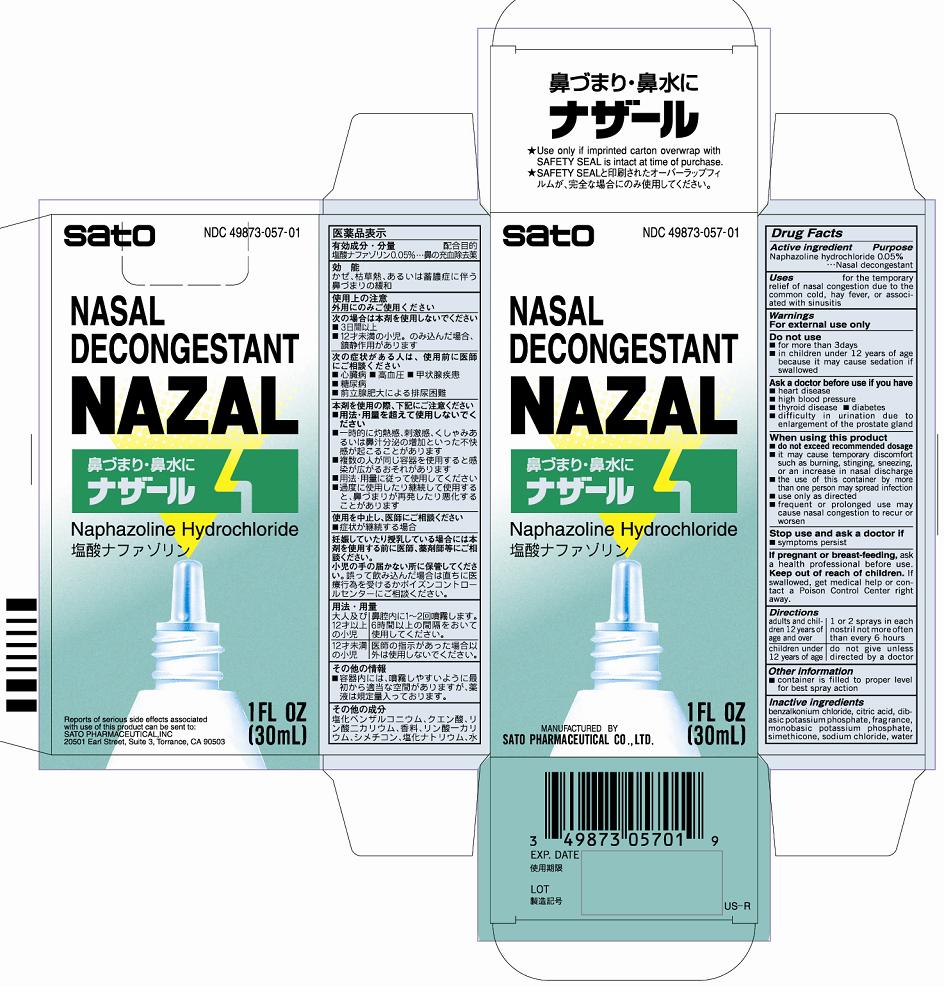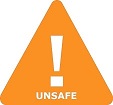Nazal | Naphazoline Hydrochloride Liquid while Breastfeeding

What is Nazal | Naphazoline Hydrochloride Liquid used for?
Brief: Nasal decongestant
What are the risk associated with Nazal | Naphazoline Hydrochloride Liquid usage while breastfeeding? What precautions shall I take while using it in breastfeeding?

Nazal | Naphazoline Hydrochloride Liquid Breastfeeding Analsys
Naphazoline hydrochloride while Breastfeeding
UnsafeCAS Number: 835-31-4
Sympathomimetic drug that is topically used for treatment of nose or the eye. On last update no relevant published data related to breastfeeding were found. Nasal use: Avoid high dosing and do not use for longer than 3 days: as an adrenergic agonist drug it could be absorbed and a cause of side effects (vascular hypertension or hypotension, irritability, heart arrhythmia) in both the mother and the infant. Long term maintained doses may decrease milk production. Low risk in Ophthalmologic use: A small dose together with a low plama level of most nasal and ophthalmologic compounds make that a significant excretion into breast milk would be unlikely.
What should I do if already breastfed my kid after using Nazal | Naphazoline Hydrochloride Liquid?
If you observer abnormal behavior or any other health issue in infant then you should immediately call 911 or contact other contact other emergency service provider in your area otherwise closely monitor the baby and inform your doctor about your Nazal | Naphazoline Hydrochloride Liquid usage and time interval of breastfeeding.
I am nursing mother and my doctor has suggested me to use Nazal | Naphazoline Hydrochloride Liquid, is it safe?
If your doctor knows that you are breastfeeding mother and still prescribes Nazal | Naphazoline Hydrochloride Liquid then there must be good reason for that as Nazal | Naphazoline Hydrochloride Liquid is considered unsafe, It usually happens when doctor finds that overall advantage of taking
If I am using Nazal | Naphazoline Hydrochloride Liquid, will my baby need extra monitoring?
Yes, Extra monitoring is required if mother is using Nazal | Naphazoline Hydrochloride Liquid and breastfeeding as it is considered unsafe for baby.
Who can I talk to if I have questions about usage of Nazal | Naphazoline Hydrochloride Liquid in breastfeeding?
US
National Womens Health and Breastfeeding Helpline: 800-994-9662 (TDD 888-220-5446) 9 a.m. and 6 p.m. ET, Monday through Friday
UK
National Breastfeeding Helpline: 0300-100-0212 9.30am to 9.30pm, daily
Association of Breastfeeding Mothers: 0300-330-5453
La Leche League: 0345-120-2918
The Breastfeeding Network supporter line in Bengali and Sylheti: 0300-456-2421
National Childbirth Trust (NCT): 0300-330-0700
Australia
National Breastfeeding Helpline: 1800-686-268 24 hours a day, 7 days a week
Canada
Telehealth Ontario for breastfeeding: 1-866-797-0000 24 hours a day, 7 days a week
